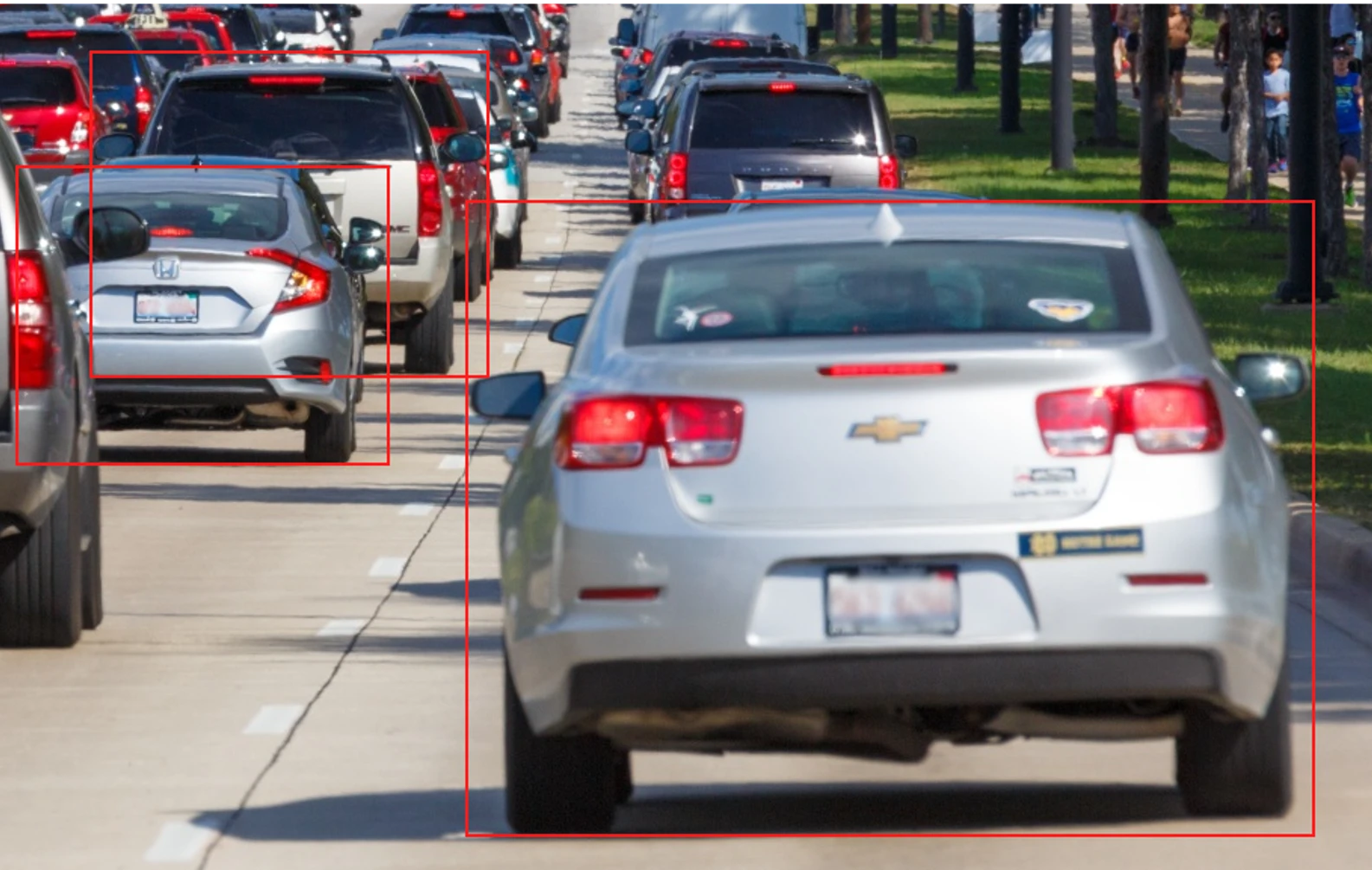Industries and usecase
Industries such as healthcare, finance, retail, and more are increasingly adopting Artificial Intelligence and Machine Learning technologies to enhance their operations. AI and ML can be used for predictive analysis, data classification, automation, and more. These technologies have the potential to improve efficiency, reduce costs, and provide a competitive advantage. At Roora, we offer AI and ML solutions to help businesses leverage these technologies in various use cases, such as fraud detection, customer experience, and supply chain optimization. Our solutions are tailored to meet the specific needs of each industry, and we work closely with our clients to ensure the successful implementation of these cutting-edge technologies.








